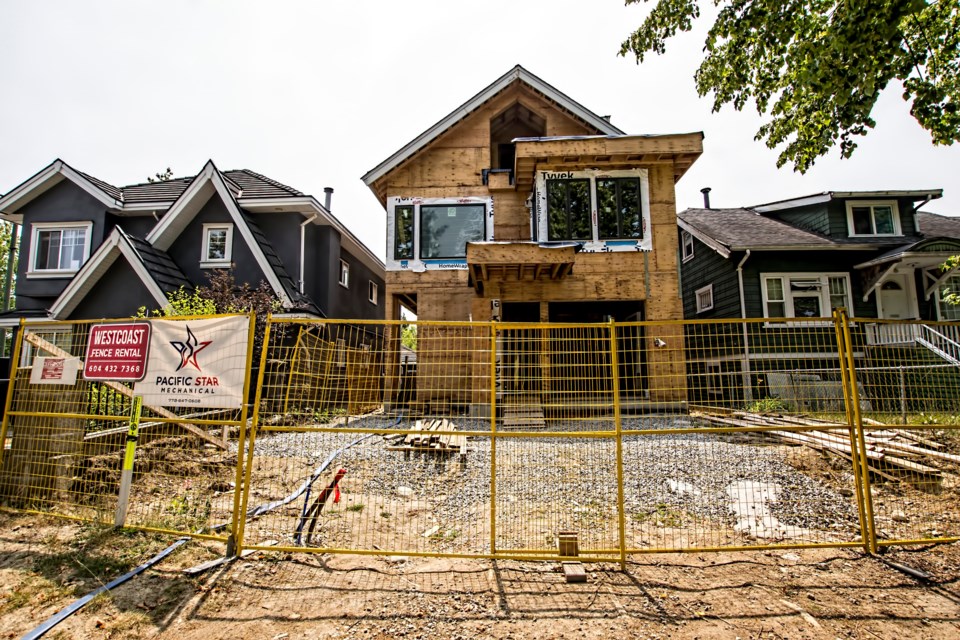The Metro Vancouver region is looking at a potential wave of development fee increases with impacts already seen in the postponement of a federal funding announcement.
The organization representing 21 regional municipalities, Metro Vancouver, will deliberate next month whether development cost charges (DCCs) need to be increased in line with infrastructure needs.
Housing Minister Sean Fraser mentioned the fee increases in a post on social media platform X (formerly known as Twitter).
“In light of a proposed development cost charge increase by Metro Van, I‘ve postponed today’s announcement of Housing Accelerator Fund deals with two cities who are members of the Metro Van board. We’re studying the impacts of this proposal and I hope to have more to say soon,” said Fraser.
The fund is meant to provide financial incentives to local governments to encourage initiatives aimed at increasing housing supply, according to the Canada Mortgage and Housing Corp.
These charges are collected by Metro Vancouver and go towards new liquid waste and water infrastructure. Metro Vancouver is also considering the introduction of a DCC for regional parkland acquisition.
If the proposed rate changes for DCCs are accepted, increases would occur every Jan. 1 over next three years beginning in 2025.
For the Vancouver sewage area (VSA) encompassing the City of Vancouver, parts of Burnaby, the University Endowment Lands and Sea Island, DCCs on a single-detached home would increase from $10,027 to $34,133. That’s an increase of 240 per cent per cent over three years.
Townhomes in this area will also see a significant increase – up 256 per cent from $8,679 to $30,861 by 2027. Apartment fees will increase by 235 per cent, from $6,249 to $20,906 during the same period.
Non-residential construction DCCs, which are measured by square footage rather than a flat fee, will increase from $5.02 per square foot to $16.78 per square foot over the next three years.
Water DCCs currently fund 50 per cent of new water infrastructure with the other 50 per cent funded by water sales. When it comes to liquid waste, DCC’s fund 17.5 per cent of new dedicated infrastructure with the public funding the rest through a liquid waste levy.
The change means “that 99 per cent of the cost of system expansion is covered by development cost charges rather than water sales to water district members or liquid waste services levies to sewerage and drainage district members,” Metro Vancouver spokeswoman Jennifer Saltman said in April 2023.
Metro Vancouver said its analysis of potential impacts as a result of these proposed increases would be the "equivalent to interest rate increases over the last year, about one-third the impact of increased construction costs, and significantly less than changes in land value over the same period."
Metro Vancouver is not the only local body that is increasing these fees. Port Coquitlam revised its DCCs this past July, leaving developers to pay more to build single-family homes, townhomes and multi-family homes in most areas of the city.
The City of Coquitlam increased its DCCs by 4.5 per cent effective Oct. 1, 2023 – 12 months after its last DCC rate update, according to a city staff report.
Surrey also increased fees in 2023 and Vancouver opted to defer an increase of 8.3 per cent in development cost levies (DCL) to September 2024.
The deferral of the 8.3 per cent increase in those levies means Vancouver will lose approximately $10 million in DCL revenue.
‑With files from Frank O’Brien, Western Investor and Diane Strandberg, TriCity News





